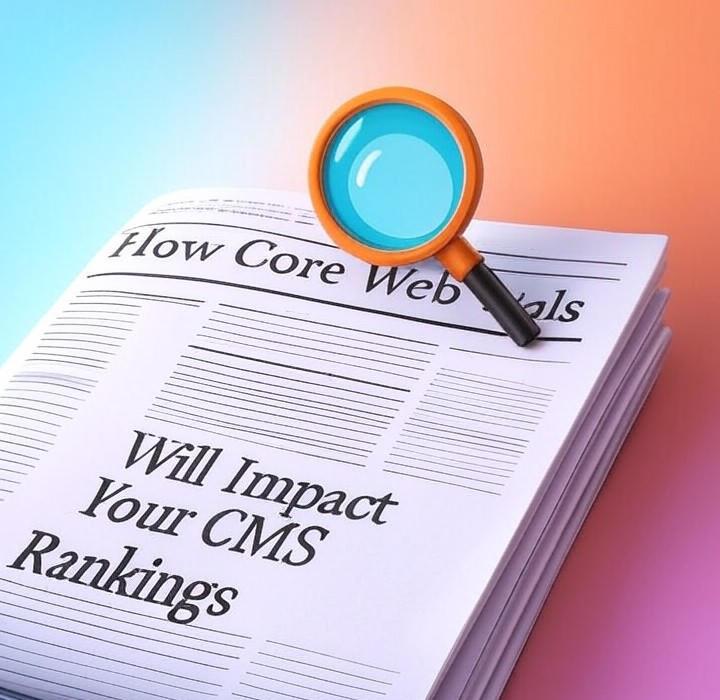
Is Your Website’s Platform Secretly Sabotaging Your Google Rankings?
It’s a critical question we should all be asking as we look toward 2025, and the answer might surprise you. Roger Montti recently broke down a massive study that looked at 40 million websites, and the results are a real eye-opener for business owners.
The Link Between CMS, Speed, and Rankings
The research connected a website’s platform—its Content Management System or CMS—to its technical speed scores, which Google calls Core Web Vitals. These scores basically measure how fast and smooth your site feels to a real person. The study found a clear link between websites with good scores and those with higher Google rankings.
So, who were the winners? Platforms like Duda and Shopify came out on top, delivering the kind of speedy experiences that Google rewards. On the flip side, many WordPress sites, especially those using popular but heavy page builders like Elementor and Divi, had a much tougher time passing the test.
Is Your WordPress Site Doomed?
Not at all. As Montti wisely points out, just because two things are linked doesn’t mean one directly causes the other. However, we have to see this as a giant clue. Think of it this way: if your website is built on a slow foundation, you’re starting the SEO race with a major handicap. You can have amazing content and the best services, but if your site is sluggish, users will get frustrated and leave, and Google takes that signal very seriously.
A Core Business Strategy Issue
This isn’t just a minor tech problem; it’s a core business strategy issue. As the digital space gets more crowded, these technical details become the very things that can give you an edge over the competition. It leaves you wondering, is your website’s platform truly set up for future success?
Dig Deeper into the Data
Roger Montti’s analysis is a must-read for anyone serious about their online growth. I highly recommend you dig into the full breakdown of CMS performance and rankings to see the data for yourself.
